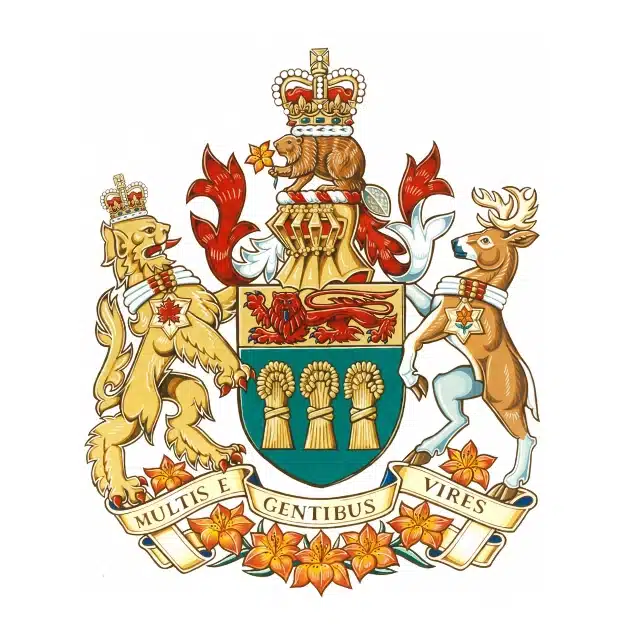JUSTICES OF THE PEACE
Provincial Court | SaskatchewanCourts of Saskatchewan
Justices of the Peace
Provincial Court
Justices of the Peace are citizens appointed by Order in Council to carry out specific administrative and judicial functions of the Provincial Court. There are approximately 63 Justices of the Peace located in communities throughout the province.
The Office of the Supervising Justice of the Peace administers all matters dealing with Justices of the Peace and is responsible for:
- identifying suitable applicants for appointment;
- training new and existing Justices of the Peace;
- receiving complaints and reviewing conduct issues;
- developing and implementing new programs and initiatives;
- daily administration and province-wide supervision of Justices of the Peace.
Office hours are weekdays, 8:00 am to 12:00 pm and 1:00 pm – 5:00 pm.
The Office of the Supervising Justice of the Peace
Provincial Court Building
Room 310, 1815 Smith Street
Regina, SK S4P 2N5
Tel: (306) 787-5682
Fax: (306) 787-4979
The Role of a Justice of the Peace
Justices of the Peace are judicial officers who perform certain administrative and judicial functions in the criminal justice system. Justices of the Peace are expected to carry out these functions in a fair, impartial and independent manner.
The duties of Justices of the Peace include:
- administering oaths for criminal charges laid by the police or the public;
- confirming or cancelling police-issued process (Promise To Appear, Appearance Notice or Recognizance);
- reviewing and signing court-issued process (Summons, Warrant For Arrest);
- reviewing and issuing Subpoenas compelling witnesses to attend court;
- administering oaths for Affidavits, Affirmations and Declarations;
- considering applications for search warrants; and
- releasing or remanding accused persons who have been arrested and are being held in custody.
Justices of the Peace can also perform certain court functions in the absence of a Provincial Court Judge. These are:
- accepting guilty pleas from and sentencing accused persons charged with provincial regulatory offences; and
- granting adjournments of matters.
In Regina and Saskatoon, specially designated and trained senior Justices of the Peace to have authority to:
- conduct trials for offences under various provincial statutes including traffic, liquor and wildlife offences;
- conduct trials for offences under various municipal bylaws including noise and domestic animal violations.
Civil Marriages
In the Province of Saskatchewan, Justices of the Peace do not have the authority to perform marriages.
Civil marriages are performed by Marriage Commissioners. For more information about Marriage Commissioners, contact the Marriage Unit of the Ministry of Justice at (306) 787-4132 or (306) 787-3869.
Justices of the Peace Appointments
Vacancies in Justice of the Peace positions occur periodically throughout the year and are filled as needed.
Position vacancies are advertised. Application forms are available from the Office of the Supervising Justice of the Peace. The Office maintains an inventory of applicants and will contact interested individuals as vacancies occur. Applicants must successfully complete an interview process in order to be recommended for an appointment.
Qualifications
In order to be eligible for appointment as a Justice of the Peace, an individual must be a Canadian Citizen. The knowledge, skills and abilities required for the position include:
- excellent communication skills;
- ability to exercise sound, independent judgment;
- ability to respect and maintain confidentiality;
- knowledge of the legal process; and
- strong analytical and conceptual skills.
On-the-job training is provided to successful applicants.
Some individuals are not eligible to be appointed as a Justice of the Peace. These include:
- employees of the Provincial Government and Crown corporations;
- employees of the Federal Government and Crown corporations;
- members of the RCMP or any municipal police force;
- members of the Corps of Commissionaires;
- elected members of councils or municipalities;
- individuals with recent or serious criminal records;
- coroners; and
- lawyers who practice criminal law or act as counsel for or against the Provincial or Federal government.

COURT RESOURCES
EXTERNAL RESOURCES
SOCIAL MEDIA
